Safe herbal chicken farming chain of Long Khanh Chicken Farm in Bau Sen ward, Long Khanh city. Photo: B.Nguyen |
In order to increase competitive advantage in the livestock sector, household livestock and small-scale establishments have also joined together in the form of cooperatives and safe livestock cooperatives, from production to distribution. Many establishments have participated in the One Commune One Product (OCOP) Program to build their own brands and trademarks that are recognized by the market.
Industrial livestock development
According to the Department of Agriculture and Environment, by the end of the first quarter of 2025, the total herd of pigs in the province was more than 1.9 million, down 8% over the same period last year. The total herd of chickens reached nearly 19.8 million, down nearly 6.9% over the same period last year. Although the total herd of pigs and chickens decreased sharply compared to before, the total output of fresh meat of all kinds for slaughter in the first quarter of 2025 still reached nearly 89.8 thousand tons, down only nearly 1.5% over the same period.
The above results were achieved thanks to the province's livestock industry developing in an industrial direction, applying high technology with a large scale of goods. In particular, large-scale livestock farms are mainly owned by corporations, companies with foreign investment capital or farms that process for these units. When raising livestock according to the chain, enterprises are the units that supply breeds, feed, technical support, veterinary medicine and consume products... This is also a favorable condition for the province's livestock industry to develop in the direction of industrial, high-tech farms. At the same time, it is an advantage for Dong Nai to attract domestic and foreign corporations and enterprises to invest in processing animal feed and livestock products. Specifically, the whole province currently has 50 enterprises producing animal feed with a capacity of more than 4 million tons/year. In the province, there are 47 facilities for preliminary processing and processing of pork and chicken with a scale of about 70 thousand tons of finished products/year (equivalent to 100 thousand tons of raw materials); 130 small establishments processing meat products.
According to the Department of Agriculture and Environment, the province continues to maintain 50 safe product control chains with 331 safe product sales points, introducing to consumers the province's key products such as: pork, chicken, goose, eggs, meat products, vegetables, mushrooms and dairy products.
Dong Nai is a pioneer province and is promoting the export of chicken meat and chicken processed products to demanding markets such as Japan, Hong Kong, etc.
Koyu & Unitek Co., Ltd. (Loteco Industrial Park, Bien Hoa City) is a pioneer in investing in a closed chain of livestock farming to slaughtering and processing chicken meat for export to the Japanese market. General Director of Koyu & Unitek Co., Ltd. Tran Nhon Hieu said that in 2024, despite the difficult economic situation, the company still achieved good growth. Up to now, the output of processed chicken meat products for export of the company has reached 300-350 tons/month and aims to grow by 10% in 2025. The company plans to expand the export market of chicken meat products to Hong Kong and European countries. Accordingly, the company is implementing a plan to build more slaughtering and processing factories in Dong Nai and expand production scale.
Household livestock farming also enters the chain
In recent years, livestock farming in a chain with a closed process from production, slaughter, and distribution has not only been the strength of large enterprises. Small-scale household livestock farming has also joined hands to form a closed chain to increase efficiency and competitive advantage in the market.
From a small-scale breeding and trading facility, Long Khanh Chicken Farm in Bau Sen Ward (Long Khanh City) has now built a chain with 18 participating members; the production scale is 400,000 chickens/batch. The facility has invested in a breeding farm applying scientific and technical advances to produce high-quality, large-volume breeds for members in the chain. This facility also invests in slaughtering and packaging, and its products are OCOP certified with private labels and are retailed to consumers through e-commerce sites.
Sharing the story of building a linkage chain in livestock farming, Mr. Phan Dang Chanh, owner of Long Khanh Chicken Farm, said that the model of raising free-range chickens on a small household scale has many risks, especially the output is quite unstable. This is the reason why he is determined to build a closed linkage chain from producing breeds, animal feed with his own formula, investing in large-scale farms and direct distribution to create good products at competitive prices in the market. Currently, the facility is supplying many product lines to the market such as: bantam chicken meat, castrated roosters, herbal chicken eggs... Thanks to the linkage chain, this livestock model brings high economic efficiency, members are confident to stick with it. It is expected that the facility will continue to expand the scale of the linkage chain to about 500,000 breeding chickens per month, the total flock of meat chickens to about 2 million/batch.
With the goal of increasing the competitive advantage of free-range chicken products, Tam Viet Cooperative in Lam San Commune, Cam My District is a pioneer in the locality in building a chain of free-range chicken farming that meets VietGAP standards. According to the Chairman of the Board of Directors of Tam Viet Cooperative, Le Dinh Ngoan, the cooperative is the focal point for purchasing breeding stock, animal feed and other supplies to provide to members at a more preferential price than the market. Thanks to building a safe livestock farming chain, this livestock farming model brings higher economic efficiency and is more sustainable than small-scale farming.
Binh Nguyen
Source: https://baodongnai.com.vn/kinh-te/202505/xay-dung-chuoi-lien-ket-chan-nuoi-an-toan-9da3713/


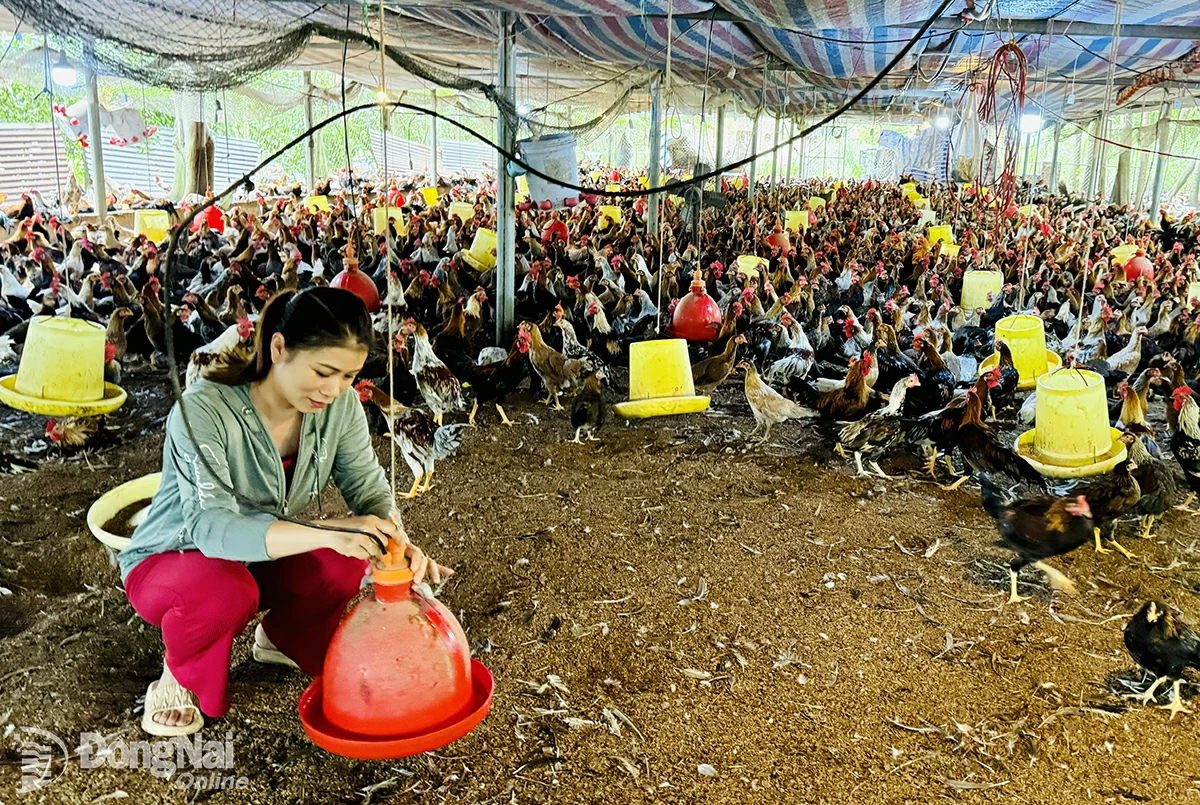

![[Photo] Vietnamese and Hungarian leaders attend the opening of the exhibition by photographer Bozoky Dezso](https://vphoto.vietnam.vn/thumb/1200x675/vietnam/resource/IMAGE/2025/5/29/94d8ceca5db14af3bf31285551ae4bb3)

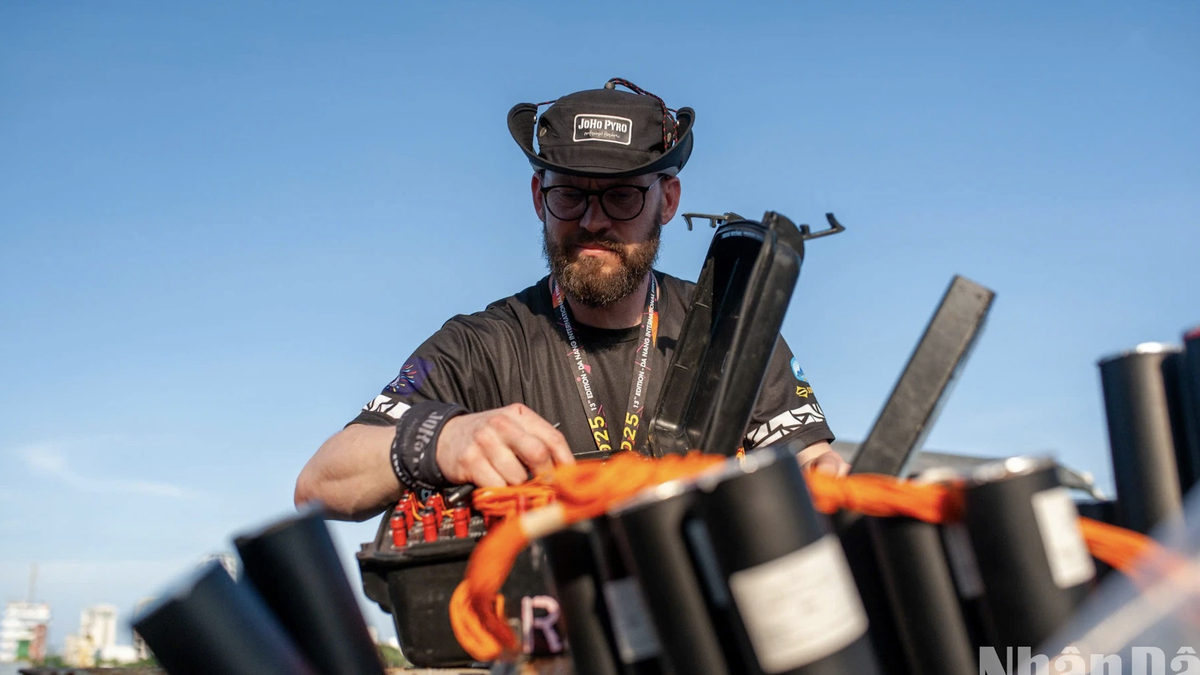

![[Photo] Prime Minister Pham Minh Chinh receives a bipartisan delegation of US House of Representatives](https://vphoto.vietnam.vn/thumb/1200x675/vietnam/resource/IMAGE/2025/5/28/468e61546b664d3f98dc75f6a3c2c880)
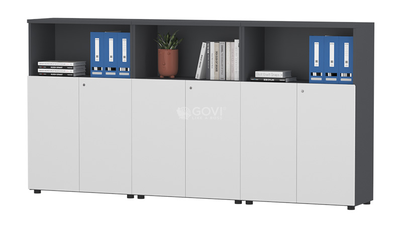

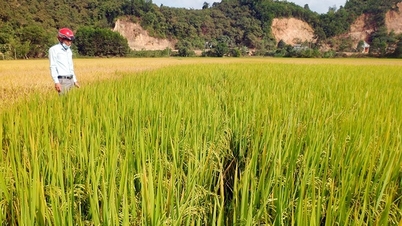











![[Photo series] Ensuring traffic safety on the first day of the 10th grade entrance exam for the 2025-2026 school year](https://vphoto.vietnam.vn/thumb/402x226/vietnam/resource/IMAGE/2025/5/29/796ea9464e7848e8875609cb7555aa65)

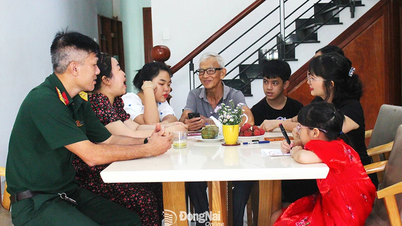
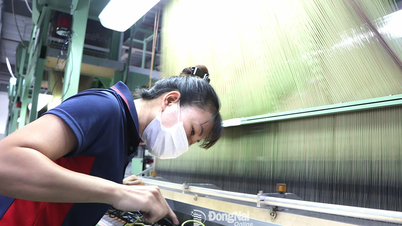
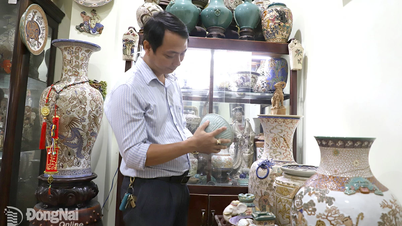
![[Photo] 12th grade students say goodbye at the closing ceremony, preparing to embark on a new journey](https://vphoto.vietnam.vn/thumb/1200x675/vietnam/resource/IMAGE/2025/5/28/42ac3d300d214e7b8db4a03feeed3f6a)




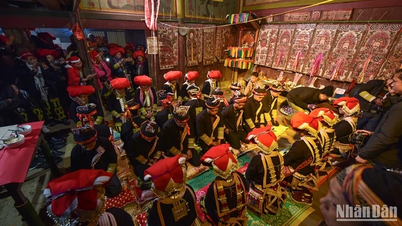


















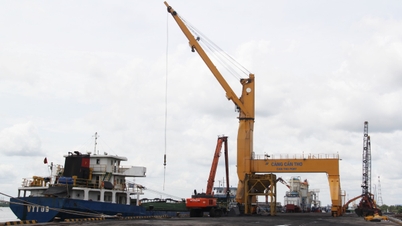

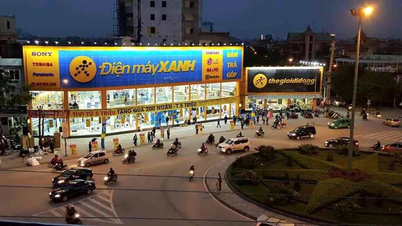
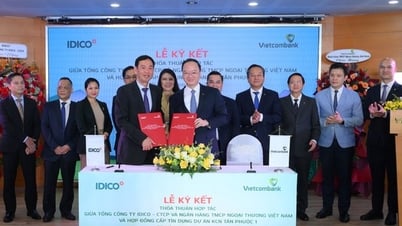











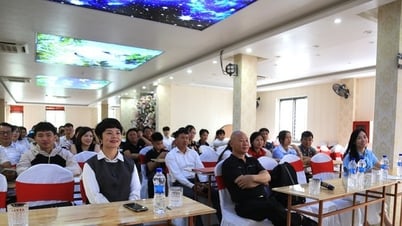

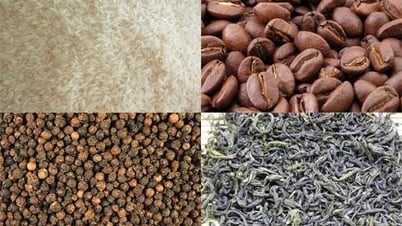

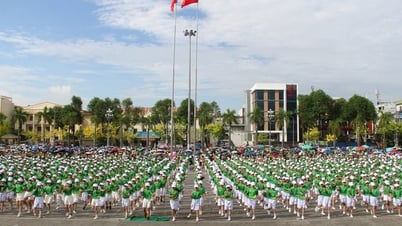
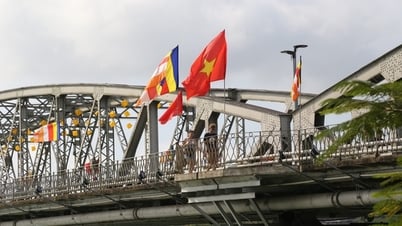




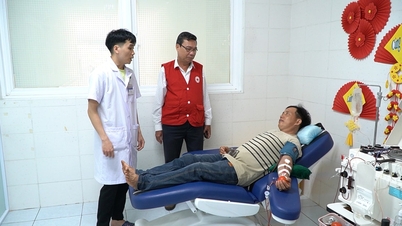










Comment (0)